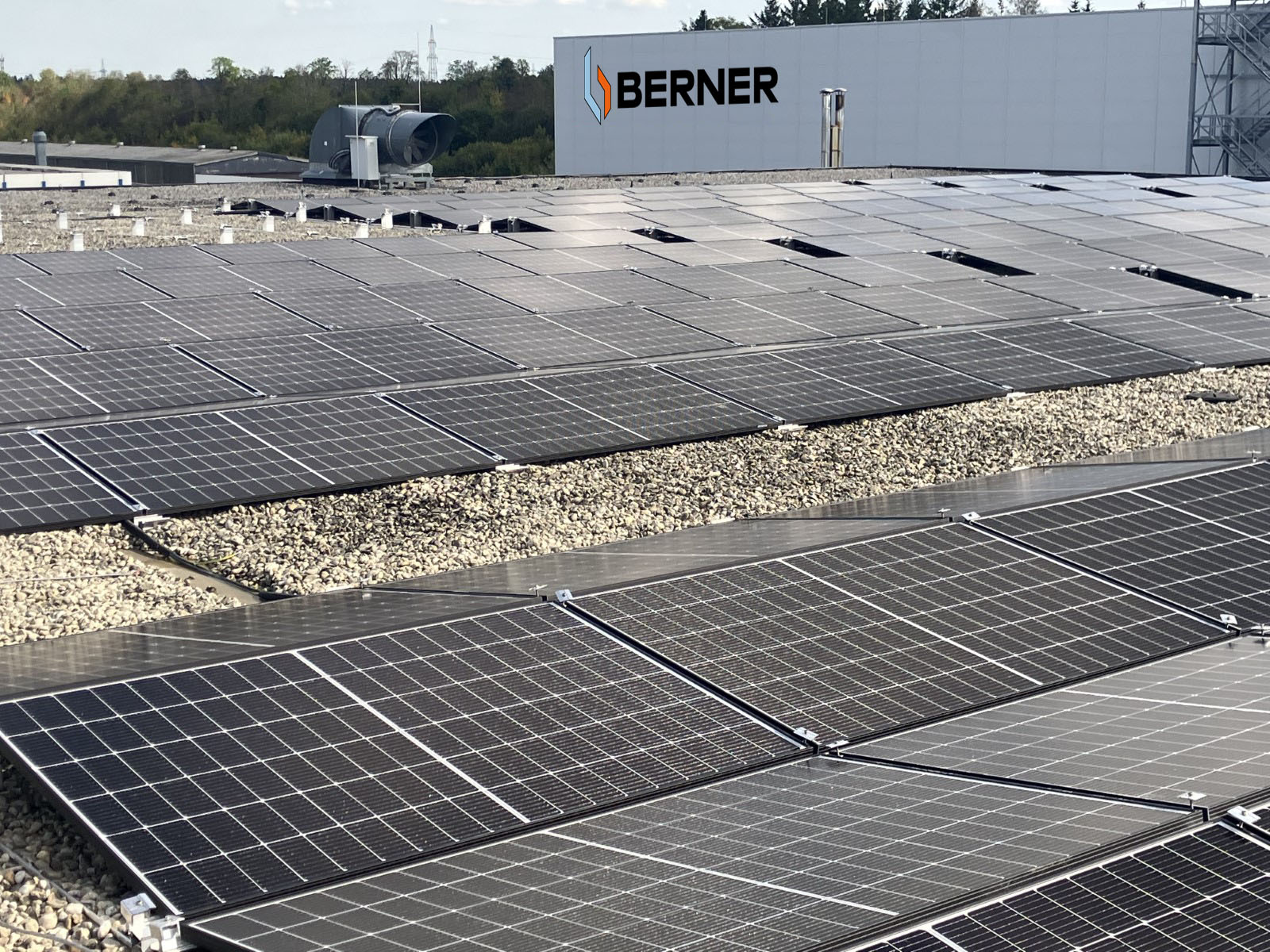BERNER Group donates three raised beds and a herb snail to Waldenburg's Kleeblatt kindergarten
BERNER Group now CO2-neutral
In order to fulfill its social and ecological responsibility, the BERNER Group has been investing in social commitment and the reduction of emissions for years. With the sustainability strategy that has now been adopted, the family-run retail group is now going one step further: As part of a comprehensive package of measures, the B2B specialist is the first German company in the industry to achieve CO2 neutrality in all European companies.
"As a family business, thinking and acting sustainably is not just a strategic goal for us, but a central part of our corporate DNA," says CEO Christian Berner. "In times of everchanging regulatory requirements, it is a challenge to navigate the topic of sustainability. Despite - or perhaps because of - the lack of clear political leadership, our aim is to lead the way and take responsibility - for the environment and for people."
In order to live up to this responsibility, the company is now also setting the organisational course for the implementation of the Europe-wide sustainability strategy by establishing a dedicated sustainability team. An important pillar of the strategy is the reduction of CO2 emissions - the aim is to reduce Scope 1 & 2 emissions by 80% by 2030. A number of measures have already been implemented. For example, six European locations are already using electricity from PV systems, and the Groupwide switch to green electricity at the BERNER branches should be completed by the end of 2024.
Switch to electromobility by 2030
"However, the most important lever for avoiding emissions lies in the conversion of our vehicle fleet, which accounts for around 85% of our Scope 1 & 2 emissions," reports Katharina Koser, Head of Corporate Responsibility (CR). To drive this transition forward, every company car user across the Group will be able to switch to an electric car from 2024. By 2030, 85% of the fleet will be using alternative drive systems. The biggest obstacle to a faster transition is the continuing lack of a nationwide charging infrastructure in Europe.
Until the avoidance measures take effect, the BERNER Group has decided to offset its carbon footprint. To this end, a high six-figure sum will be invested in climate protection projects as early as 2023. This means that the company is already CO2- neutral. "I am proud that we have succeeded in designing a transitional solution with only the best providers that fulfils globally established standards and at the same time offers social benefits for the communities affected," says CEO Christian Berner.
Holistic CR strategy
Reducing the carbon footprint is part of the BERNER Group's comprehensive and holistic CR strategy. In addition to reducing greenhouse gas emissions, the "Environment" pillar also includes waste avoidance through more sustainable packaging concepts. Other pillars of the strategy are BERNER customers, employees and partners, as well as the continuation of social commitment, which has been practised for many years through social projects, donations and aid campaigns at all locations throughout Europe.
Further information on the BERNER Group's corporate responsibility strategy can be found online https://www.berner-group.com/en/cr
Background
The BERNER Group has complied with the requirements of the Greenhouse Gas Protocol when recording greenhouse gas emissions. This defines three scopes to which the emissions can be allocated:
• Scope 1: Emissions from sources for which the company is directly responsible or controlled. This includes emissions from energy sources at the company location, such as natural gas and fuels, coolants, as well as emissions from the operation of boilers and ovens for which the company is responsible or controls.
• Scope 2: Indirect emissions from purchased energy, such as electricity, water vapour, district heating or cooling, which are generated outside the company's own system boundaries but consumed by the company.
• Scope 3: All other indirect emissions that are caused by the company's activities but over which it has no direct control. This includes emissions in both the upstream and downstream value chain, such as emissions from the production, transport of purchased goods or distribution and use of the company's own products or the disposal of waste.

